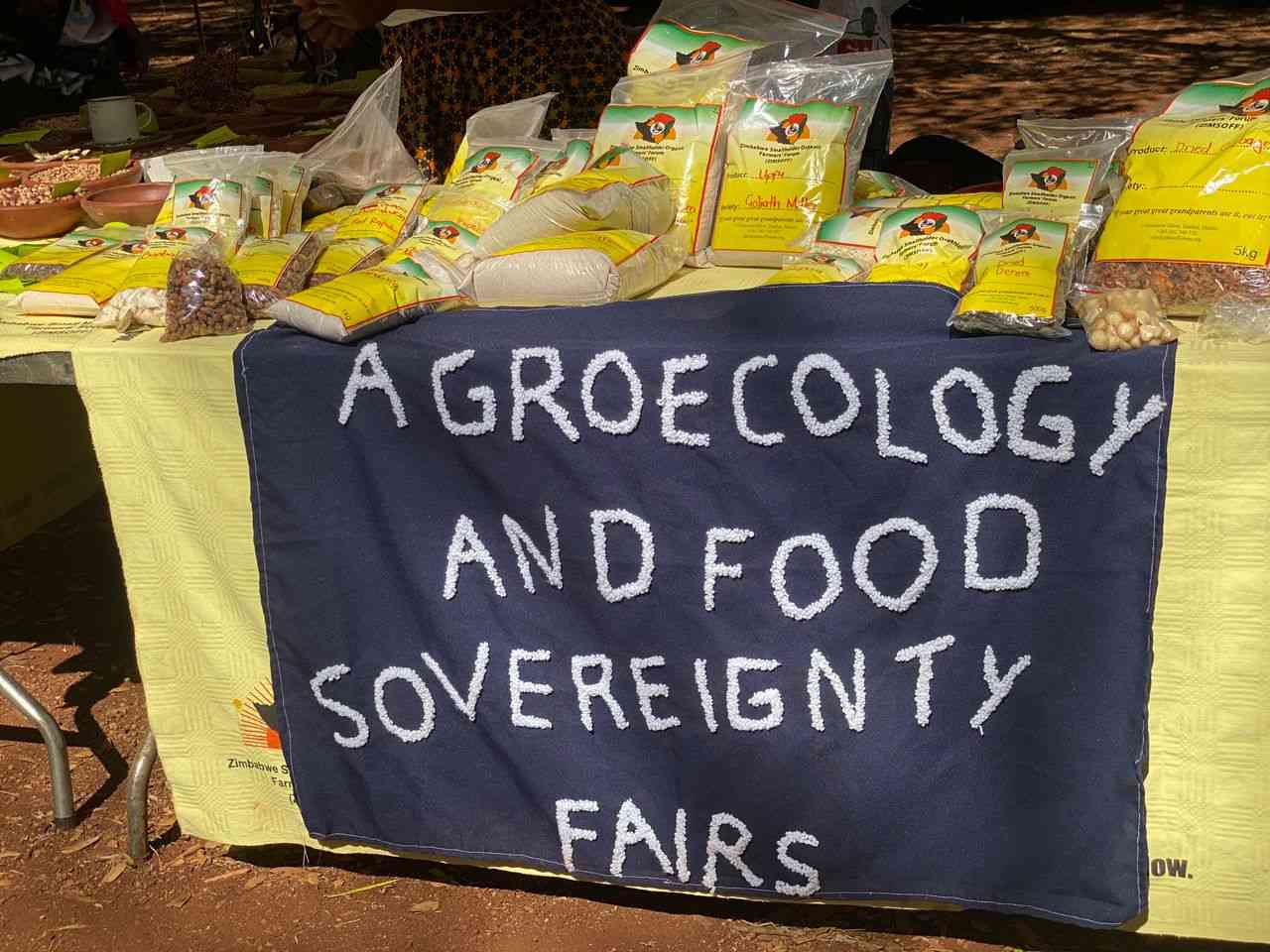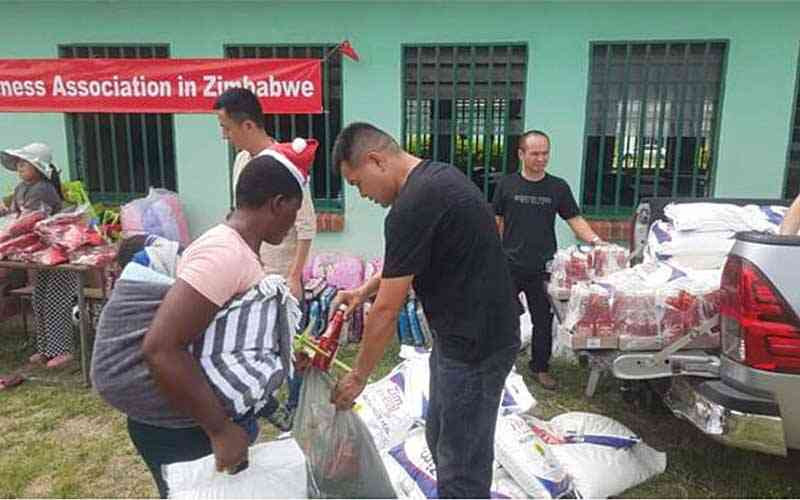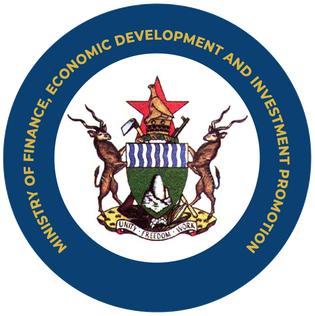
MORE than 500 proponents of agroecology from across the world gathered in Harare, Zimbabwe, from September 11 to 14, 2024 to push the momentum for positioning agroecology at the centre of food and nutrition initiatives across the African continent.
Under the Alliance for Food Sovereignty in Africa, the conference deliberated on a wide range of strategies, including how to cultivate mindset change among African policymakers and consumers.
Recognising that Africans used to consume agroecological indigenous commodities, many conference delegates wondered how and why Africans have allowed their agroecology and food systems to lose the competitive edge against foreign food commodities.
When a restorative mindset is cultivated, young Africans will feel that eating indigenous food like mutakura in public is much better than eating fast foods.
What problem are we trying to address?
What is emerging in most conferences on advancing agroecology is the need for clear problem definition by answering questions like what has caused consumption patterns to change in Africa?
Besides experts like nutritionists, the old generation who have seen changes in consumption patterns during their lifetime are critical sources of information and lived wisdom to answer such questions.
What problems are the old generation witnessing around food and medicine that did not exist in the past?
- Zim farmers embrace agroecology
- How can communities protect their food systems from external influence?
- Farmers urged to venture into agroecology
- Cultivating agroecology in Global South
Keep Reading
There are historical underpinnings to changes in consumption patterns worthy revealing through experiential lived knowledge from elders.
Tracking the paradigm shift in African food systems and consumption patterns can reveal how the colonial experience disrupted African agroecology practices and indigenous food systems.
While there may be similarities in how some African countries grappled with the colonial experience on their food systems, there are also contextual parameters linked to Anglophone, Lusophone and Francophone experiences.
Obtaining such details will reveal potential pillars of mindset change and making sense of what is driving the adoption of Western food at the expense of indigenous/local food.
If African consumers shifted to maize from small grains due to the labour-intensive nature of small grains, more focus should be on showing the benefits of consuming small grains.
The value of assessing existing food and non-food campaigns
To what extent are food-related campaigns happening across Africa promoting agroecologically-produced food or contributing to increasing sales of industrial foods?
Are existing strategies embedded in new knowledge or they are perpetuating a commercial persuasive agenda?
How effective are these campaigns and what is pulling audiences to take up such campaigns?
For example, in Zimbabwe, OK Grand Challenge has, for decades, been used to persuade consumers to buy manufactured food products with the expectation to win cash, household goods and vehicles.
This year 2024, the biggest prize was a latest Ford Ranger double-cab vehicle.
Corporate beer manufacturers compel beer drinkers to buy more beer by inserting inducements or tokens within beer bottles which consumers see upon opening the bottle lid.
Other inducements are also used by tobacco companies to promote smoking by placing tokens in cigarette packs.
Using the same modus operandi, fast food outlets offer promotions where if one buys two pizzas s/he gets a free Coke.
The growing power of eating healthy and wellness
African territorial markets and advocates of agroecology may find it a tough battle to compete with aggressive corporate marketing approaches that nudge consumers towards unhealthy foods but change is in the air.
There is increasing consumer interest in African food systems and agroecology commodities that are locally produced by farmers using their own resources.
To be effective, agroecology campaigns are diversifying their messages from disease/health-related benefits to focus on wellness and economic benefits as well as issues related to resilience and food diversity.
For instance, there is limited diversity within the maize-based commodities when compared to the small grains group made up of pearl millet, finger millet, sorghum, sesame and several others blessed with diverse nutritional benefits.
Cost benefit advantages and importance of dancing with policy makers
Another agroecology promotion angle relates to production cost benefit advantages.
This is a unique selling proposition because agroecology commodities do not need foreign currency to produce. Comparing costs of producing small grains like finger millet with wheat production, reveals that small grains have more benefits even if they may fetch low prices in the market.
Policymakers are another major target for the agroecology campaign because they need to understand the whole essence of agroecology so that they can support the acquisition of appropriate technology for production and consumption of agroecology and indigenous food systems.
African forefathers were very innovative in producing machines for processing indigenous food.
Unfortunately, the modern generation of African researchers and innovators has failed to modernise makuyo, mipuro, mitswi and others which should continue to anchor indigenous food systems.
Conversely, for a long time, foreign companies have been creating a market for their equipment and machines in Africa but that kind of mechanisation does not support indigenous foods.
For instance, potatoes were brought with machines for producing potato crisps but Africans have not produced equivalent machines for adding value to yams and sweet potatoes.
Processing small grains is currently very costly, that is why small grains flour is more expensive for the majority.
For example, in Zimbabwe, a 5-litre tin of finger millet costs US$10, which is equivalent to a 20kg bag of superrefined maize meal.
Given challenges in processing indigenous agroecologically-produced commodities like small grains, agroecology advocates should focus on persuading governments to subsidise milling of small grains so that small grains by-products become affordable to more consumers.
That is also how communities where small grains are major economic drivers are more resilient, serving governments from spending money importing food.
Importance of mapping African food systems and food baskets
Collectively developing a working definition of agroecology should inform mapping of agroecology food systems and food baskets in each African country.
When each country maps its food basket, it becomes easy to create a comparative advantages-informed trading platform for agroecology commodities between African countries.
For instance, if the mapping shows that Mozambique has comparative advantages in producing pearl millet using agroecology practices better than other countries, all countries can pool resources towards intensified production in Mozambique while other countries focus on what can be produced better in their contexts rather than spreading resources thinly by producing what can be produced naturally and cost-effectively in a neighbouring African country.
The mapping can also reveal the point at which imported inputs start diluting the originality of local foods as well as alternatives that preserve the purity of indigenous food.
When indigenous foods are mapped in all African countries, it becomes possible to see avenues for replacing exotic foods with indigenous foods in sustainable and consistent ways.
- Charles Dhewa is a proactive knowledge broker and management specialist










